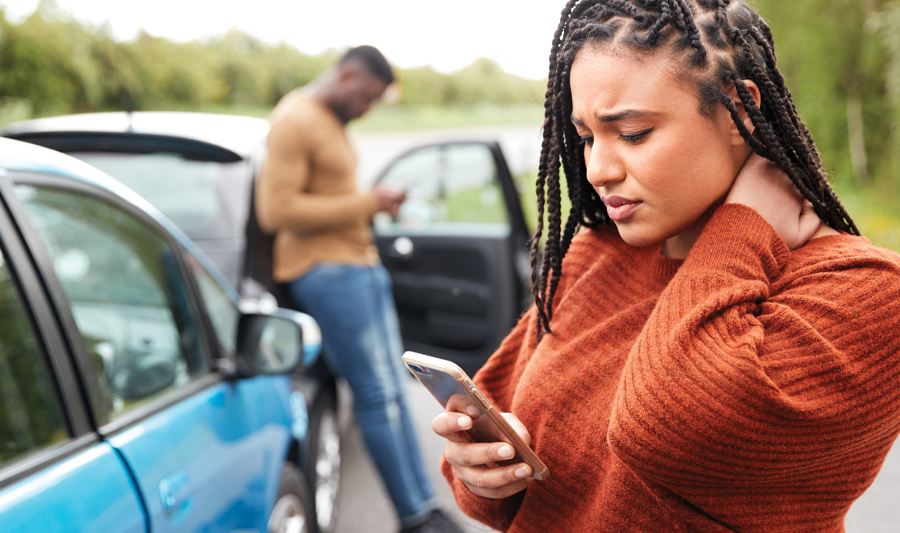Yes. Florida is a pure comparative negligence jurisdiction. What this means is that individuals are responsible for the portion of damages that they cause. For example, if you are involved in an automobile collision with another individual and you each have been determined to be 50% at fault, you can recover 50% of your damages from the other driver. If your total damages were $10,000, you would be able to recover $5,000 from the other driver. With that being said the other driver, if they are injured, may also seek 50% of their damages from you (or your insurance). In Florida, you are able to recover damages for your injuries and/or property damage even if you are the main culprit for the automobile collision or other incident. Unless you were 100% at fault you can recover some portion of your damages.
There is an exception to this general idea. Florida law has created a defense that can be asserted in a lawsuit called the alcohol or drug defense. In any civil action, a plaintiff may not recover any damages for loss or injury to his or her person or property if the trier of fact finds that, at the time the plaintiff was injured: (a) the plaintiff was under the influence of any alcoholic beverage or drug to the extent that the plaintiff’s normal faculties were impaired or the plaintiff had a blood or breath alcohol level of 0.08 percent or higher, and (b) as a result of the influence of such alcoholic beverage or drug the plaintiff was more than 50 percent at fault for his or her own harm.
Evidence of alcohol or drug use while operating a motor vehicle is very damaging to a claim for injuries or damages. This law requires the defendant (or individual/entity being sued) to prove that the plaintiff (or individual/entity filing the lawsuit) was under the influence of an intoxicating substance and that the intoxication was more than 50% of the cause of the collision. Although there can be many situations where a person that is under the influence does nothing to cause the collision whatsoever, it is unlikely that a jury in a trial will take kindly to the fact that you were under the influence while operating a motor vehicle. You should never get behind the wheel of an automobile after you have been drinking. This intoxication defense applies to all civil actions. This can apply just as likely in a slip or trip and fall incident.
An argument over who is at fault in an incident (automobile or otherwise) frequently results in an insurance company refusing to extend an offer at all or only offering amounts that are substantially less than the damages you have sustained. Many times, the argument over liability is unwarranted or weak. Frequently, these kinds of contested cases will require a lawsuit to obtain the resolution you deserve. Oftentimes, once the insurance company has retained an attorney, the attorney will focus on any “real” perceived issues and discontinue the fight against liability.


